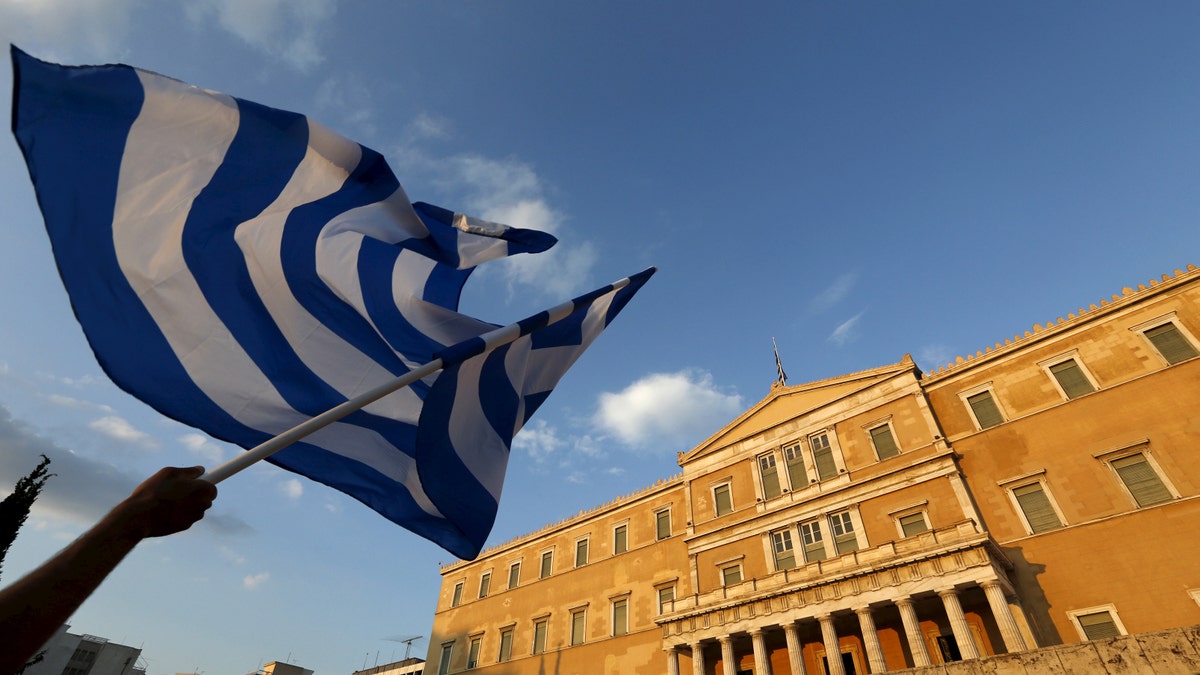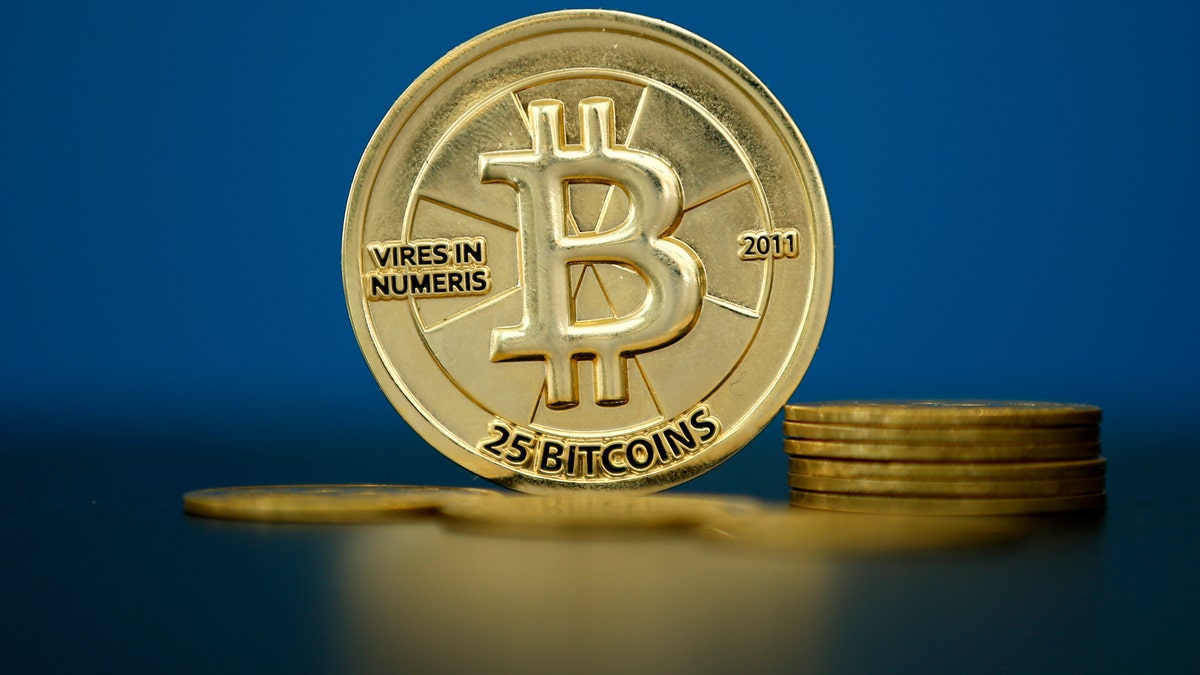
File photo - A protester waves a Greek flag during an anti-austerity rally in Athens, Greece, June 29, 2015. (REUTERS/Yannis Behrakis)
In the midst of the ongoing financial crisis, Greece has stopped online payment transactions from going ahead using Greek debit or credit cards. This follows the introduction of a 60 euro/$67 ATM withdrawal limit, and the week-long closure of the country's banks, amid strong concerns Greece will abandon the euro as its currency. With such restrictions in place, there is evidence Greeks are turning to Bitcoin as a way to protect savings.
Greek debit and credit cards linked to international stores online have been blocked. For example, visitors to the Greek iTunes page are presented with a "Payment is declined" message when attempting to download an app, either paid or free, and told to update their payment method. Then, a similar message to that received when the source card does not have any funds, or has expired is shown.
Related: Bitcoin was the worst performing currency of 2014
The same online payment restrictions mean Greek cards cannot be used for purchases on Amazon, or any other e-retailer that has previously served Greek customers. There are also restrictions in place for PayPal payments. However, those with Greek iTunes accounts located outside Greece can still use the service, and transfer money using PayPal.
With no way to withdraw more than 60 euros and online payment systems blocked, some tech-savvy Greeks are looking at alternative ways to protect savings, or even adopt their own new currency free from the clutches of the Greek government or the EU. CNNMoney says Bitcoin exchanges have been registering more interest from Greece than ever before.

Bitcoin (virtual currency) coins are seen in an illustration picture taken at La Maison du Bitcoin in Paris, France, May 27, 2015. (REUTERS/Benoit Tessier)
The report quotes Poland-based Bitcurex as saying it received a 'flood' of emails from Greeks over the weekend, with questions about Bitcoin's legality in Europe, and how it could be accessed. While Bitcoin can't be used to buy groceries or medical care in Greece, those who have withdrawn savings may be looking at alternative ways to protect their money in the short term, and the decentralized digital nature of Bitcoin -- the price of which has risen to a high of $257 this month -- probably looks attractive.
However, other Bitcoin experts play down the connection. Several sources speaking to CoinDesk say there are no figures to suggest interest from Greece is rising, and a Fortune report states that the amount of Bitcoins being purchased using euros has remained steady.
Bitcoin evangelists are seeing the opportunity in the Greek situation. The director at the Bitcoin Alliance of Canada told PRI, "this is a wake-up call for the entire world, because this install going to be the last time this happens." Outspoken Internet entrepreneur Kim Dotcom, who seems to be backing a Greek exit from the euro and is a staunch supporter of Bitcoin, tweeted his own advice:








































